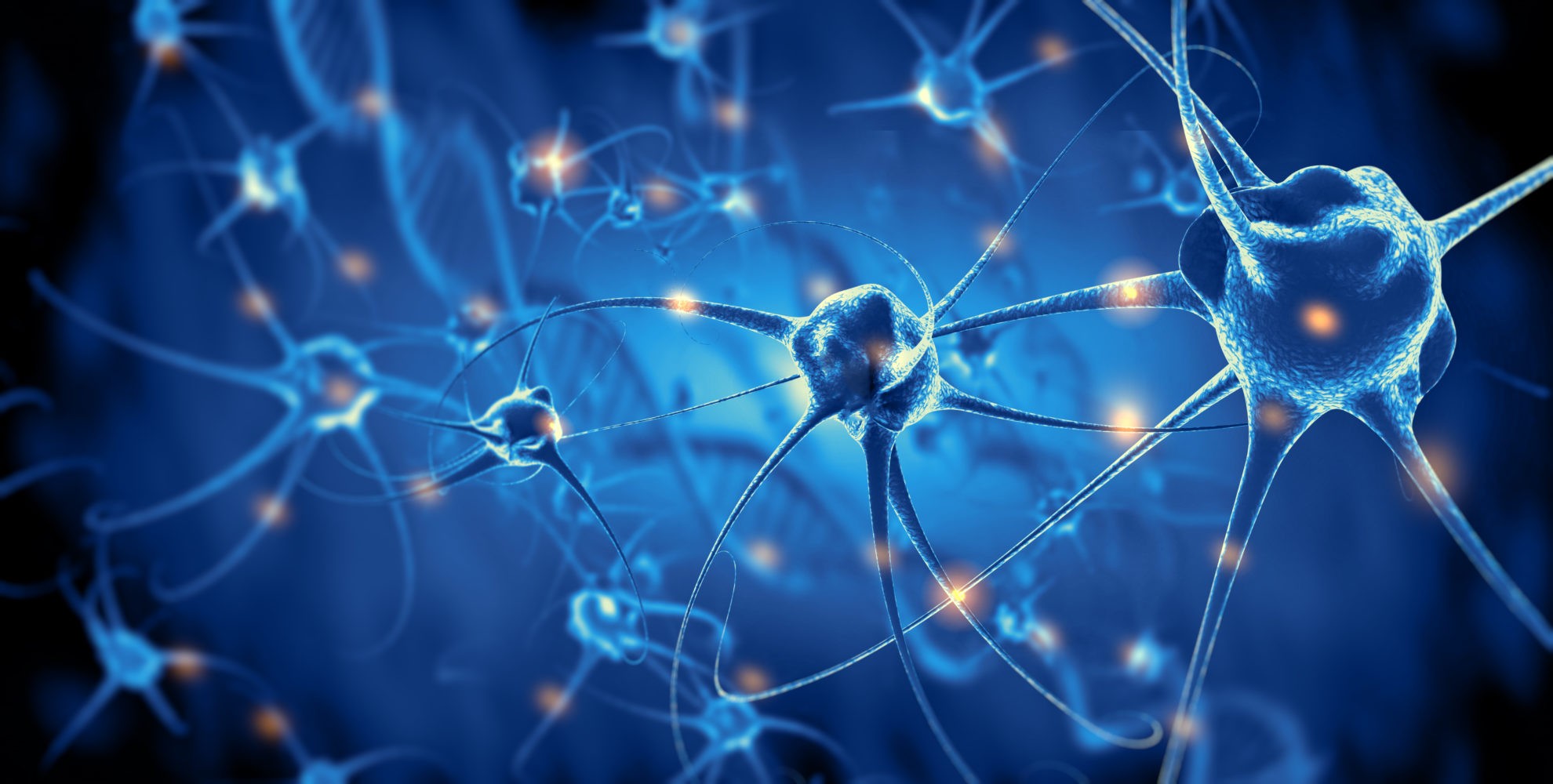Our decisions are caused by neural mechanisms and biological processes. Are they still free if they’re uncoerced?
Post Views: 145
Read the full article which is published on Arts and Letters Daily (external link)

Our decisions are caused by neural mechanisms and biological processes. Are they still free if they’re uncoerced?
Read the full article which is published on Arts and Letters Daily (external link)
This is Part 4 of a 4-part series on the academic, and specifically philosophical study of disagreement. In Part 1...
This is Part 3 of a 4-part series on the academic, and specifically philosophical study of disagreement. In Part 1...
This is Part 2 of a 4-part series on the academic, and specifically philosophical study of disagreement. In Part 1...
This is Part 1 of a 4-part series on the academic, and specifically philosophical study of disagreement. In this series...
Joseph LeDoux has worked on emotion, memory, and consciousness in the brain since the mid-1970s. He is a Professor of...
Welcome to the APA Mini-Series Blog organized by the APA Committee on Professional Rights and Academic Freedom, formerly, the Committee on the...
Magic in Ancient Greek Culture and Philosophy Deadline: January 15, 2026 Magic has often been deeply misunderstood in the philosophical...
Sam is a first-year PhD candidate in Boston University’s joint program in Philosophy and Classical Studies. He works primarily on Plato’s...